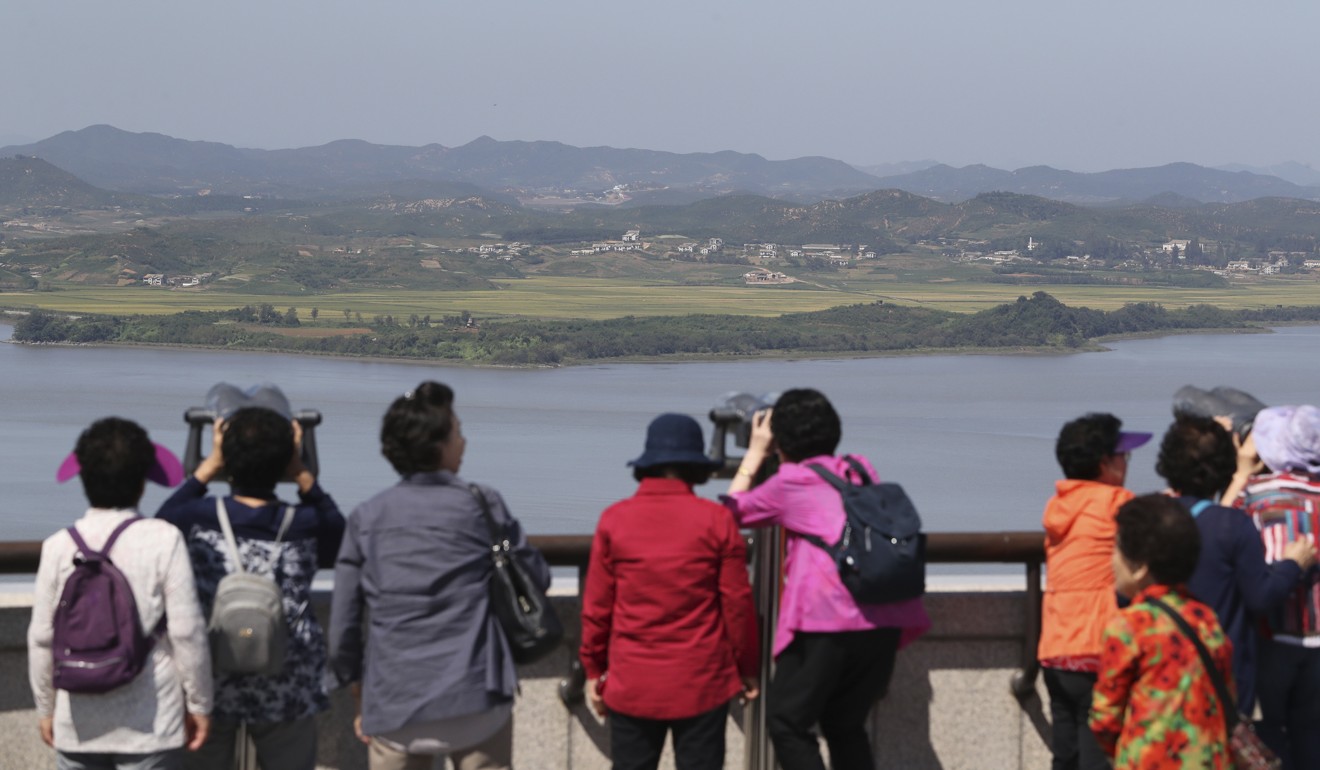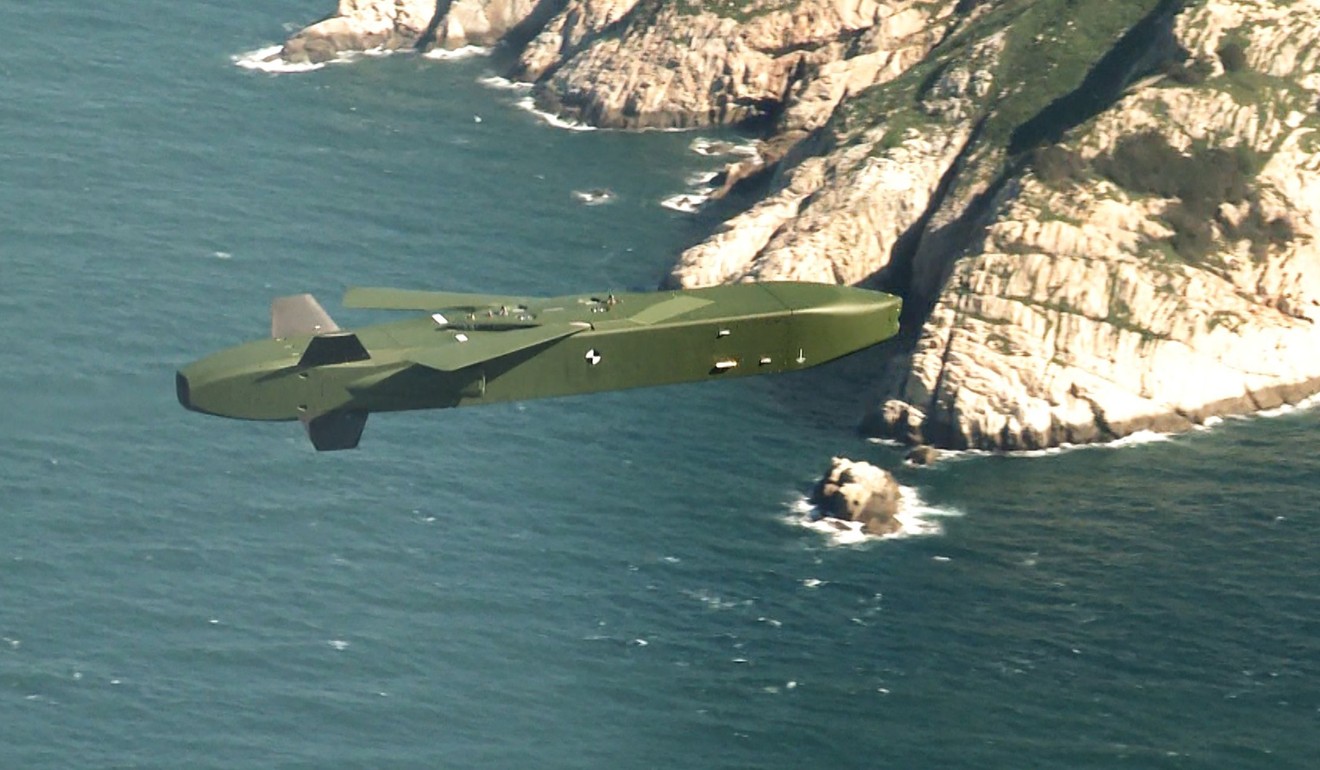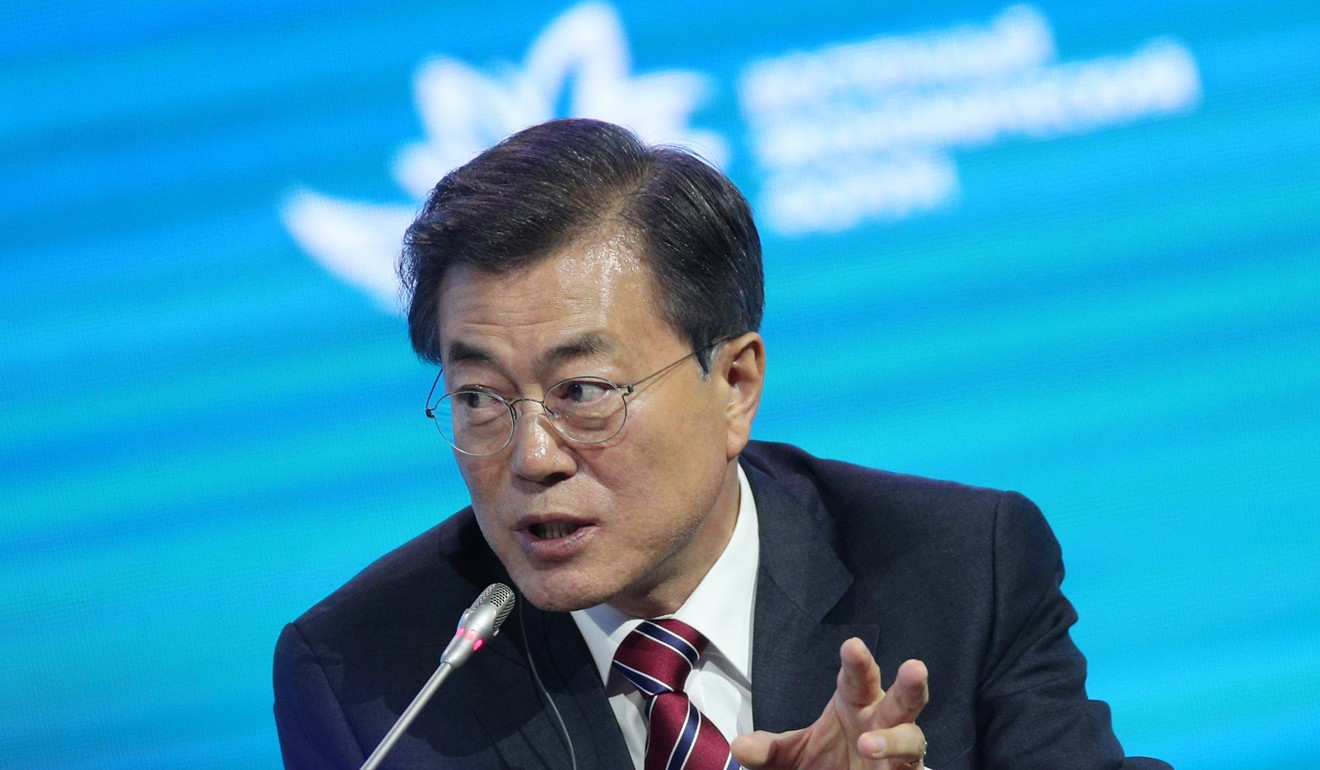
Asia could find itself locked in a new cold war if the North Korean nuclear crisis escalates
Without talks to defuse the crisis, the situation is only likely to get worse
Almost seven decades since the end of Korean war, the world is once again on the edge of an abyss. Recent months have witnessed a precarious uptick in geopolitical tensions in the Korean Peninsula, largely thanks to a festering brinkmanship between Washington and Pyongyang.
On multiple occasions, US President Donald Trump has nonchalantly proposed a pre-emptive strike against North Korea, which has, in turn, responded by even more provocative missile and nuclear tests.
The emerging consensus among experts is that the reclusive regime is well on it way to placing continental America within its nuclear crosshairs.
Perturbed by Pyongyang’s increasing nuclear capability, the Shinzo Abe administration in Japan has also adopted an increasingly hawkish position.

The crisis on the Korean peninsula has put China in a particularly difficult position.
On one hand, the Asian powerhouse has repeatedly scolded North Korea for its provocative actions and has signed up to evermore punitive sanctions against it.
Yet, Beijing also detests the possibility of violent and abrupt regime change in Pyongyang.
The last thing China wants is a humanitarian crisis on its northeastern border and a unified Korea under America’s influence.
In turn, the Trump administration has accused China of abetting North Korea by providing an economic lifeline to the Kim Jong-un regime.
In a disturbing echo of the cold war years, the world’s superpowers, namely the United States and China, could once again find themselves on the opposite sides of the battlefield.

Moreover, the crisis has also increasingly poisoned largely constructive ties between China and South Korea.
Beijing has vigorously opposed the installation of American missile defence systems, particularly the Terminal High Altitude Area Defence (THAAD), on the Korean peninsula.
China opposes any US-led military build up that might imperil its deterrence against external aggression.
Seoul, however, insists on the necessity of bolstering its defence capability amid rising threats from across the 38th parallel.
Meanwhile, Seoul has accused Beijing of squeezing South Korean companies’ access to the Chinese supply chain and markets over the THAAD issue. They also accuse China of imposing a de facto travel ban by discouraging the eight million-strong Chinese tourists who visit South Korea every year.
This is a far cry from the early years of former president Park Geun-hye’s administration. Park visited Beijing multiple times amid much fanfare and paid close attention to strengthening bilateral strategic ties to the dismay of Washington and Tokyo.
Her overtures to China were reciprocated in President Xi Jinping’s high-profile visit to Seoul in 2014, where he emphasised deep historical bonds between the two nations.
The Moon Jae-in administration that came to power after Park was impeached in a corruption scandal initially provided some room for compromise.
The liberal-leaning president favoured direct dialogue with North Korea and campaigned heavily against the deployment of the THAAD missile defence system during the presidential elections.
South Koreans are also worried about the lack of a coherent and measured policy on the part of the United States.
In recent months, Trump has consistently contradicted senior officials, including Secretary of State Rex Tillerson, who has called for dialogue with North Korea, and Defence Secretary James Mattis, who has cautioned against the unwanted consequences of pre-emptive strikes.
From Moon’s point of view, the Trump administration has been pouring fuel on the fire by further militarising an already combustible situation.
In mid-August, amid rising diplomatic tensions between Washington and Pyongyang, the South Korean leader said: “Military action on the Korean peninsula can only be decided by South Korea, and no one else can decide to take military action without the consent of South Korea”.

Thus, from Seoul’s point of view, de-escalation and Chinese diplomatic support would be key to resolving the crisis.
The ultimate goal is a nuclear weapons-free zone on the Korean peninsula by 2020.
As one of Moon’s key advisers told me during a recent visit to Seoul, South Korea is willing to provide necessary trade and investments incentives in exchange for the gradual transformation of Pyongyang into a less hostile and erratic neighbour.
As historians such as Bruce Cumings have correctly observed, “the only method that has ever worked” on the Korean peninsula is “direct talks”, since it led to the freezing of Pyongyang’s nuclear programme for almost a decade (1994-2002). All other measures either failed or exacerbated the crisis.
In recent weeks, amid North Korea’s back-to-back ballistic missile and nuclear tests, the Moon administration has come under increasing pressure to adopt a tougher line.
Thus, it has now welcomed the additional deployment of the THAAD missile defence systems, focused on strengthening South Korea’s country’s ballistic missiles, expanding joint military drills with its allies, and even contemplating the return of US tactical nuclear weapons to its territory after they were withdrawn in the early nineties.
In a dramatic turnabout from his presidential campaign rhetoric, Moon has even considered potential pre-emptive strikes against North Korea’s nuclear sites and facilitating regime change if necessary. The hope is that a combination of greater diplomatic pressure and enhanced military deterrence will force Pyongyang’s hands.
More likely, however, is greater geopolitical tensions among China, US, Japan and the two Koreas, giving birth to a new and even more dangerous cold war in Asia.
The world’s most dynamic region is now sleepwalking into conflict.
Richard Heydarian is a Manila-based academic and author of Rise of Duterte: A Populist backlash against Elite Democracy

